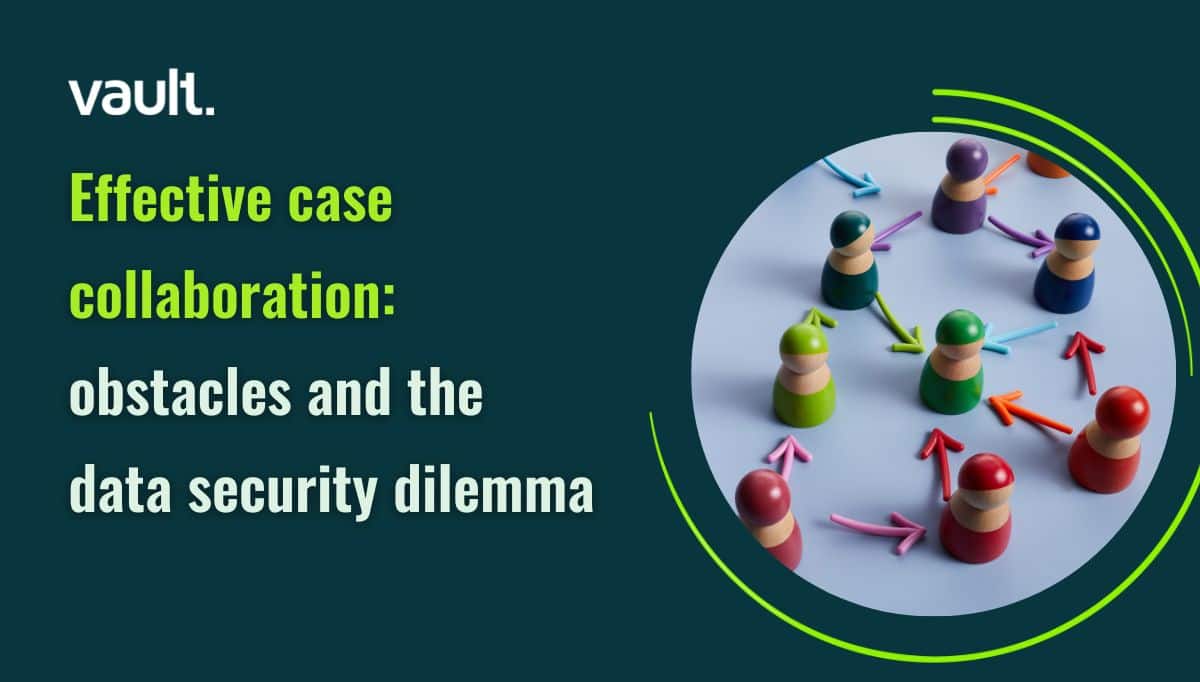
The foundational elements regarding promotion of a speak-up culture and encouraging the reporting of misconduct by employees are not significantly different in a remote environment than in a more office-based environment.
However, the mechanisms by which key elements are executed may be different, and accomplishing the same high-quality programs may require enhanced efforts when a large portion of the employee base is remote.
This is one of the findings of the ECI Working Group on Ethics & Compliance Considerations in the Remote Work Environment, in which Vault Platform participated.
As the ECI Blue Ribbon Panel Report notes, the greatest E&C risk to an organization is an environment where employees are unwilling, unable, or fearful to make management aware that wrongdoing is taking place. As the workplace environment has shifted to a greater volume of remote workers, it is essential to recognize that an organization may need to perform additional work to ensure that the employees continue to feel empowered to raise concerns.
Working Group survey responses also indicate that two areas highly impacted by a shift to remote working are lowered employee engagement due to competing work-life priorities (16%) and decreased transparency of remote activities (11%), both of which can impact an organization’s Speak Up culture.
Increased comfort in speaking up at home
There is some evidence that reporters may feel an increased level of privacy and be more comfortable speaking up outside the office environment.
Increased use of digital reporting tools
More extensive use of technology and online information centers in a remote work environment may increase the likelihood that online reporting solutions, such as Vault Platform are utilized.
Low awareness of reporting channels
E&C programs for certain companies may lack telework/remote work policies and procedures that articulate the variety of ways to report concerns. Underreporting due to employees not knowing the process is a significant issue.
Limited peer learning opportunities
The absence of in-person office discussions may limit informal conversation/learning regarding the value placed in the organization for individuals to report concerns.
Reduced reporting to management
The volume of issues reported to management is likely to go up during times of volatility and with more time to reflect due to working from home. Concerns reported directly to management may be less likely to be acted on in organizations with a large remote workforce, as the transparency to more formal E&C oversight may be lacking. Managers may not be properly trained on how to ensure remote employees report misconduct remotely, and a perceived lack of transparency may deter employees from reporting wrongdoing at all.
The working group did come up with some best practices and recommendations followed by enterprises of all sizes around the world, including the higher accessibility offered by digital reporting tools such as Vault Platform.



